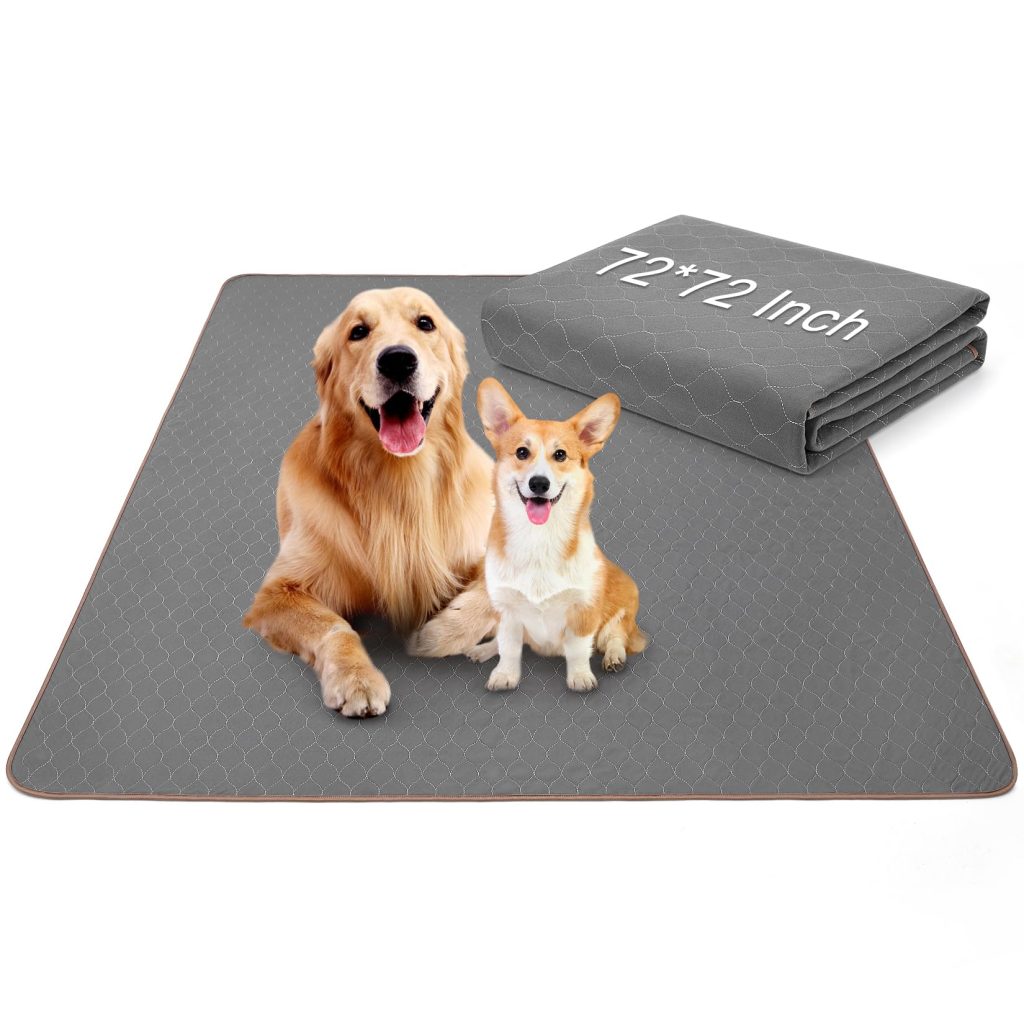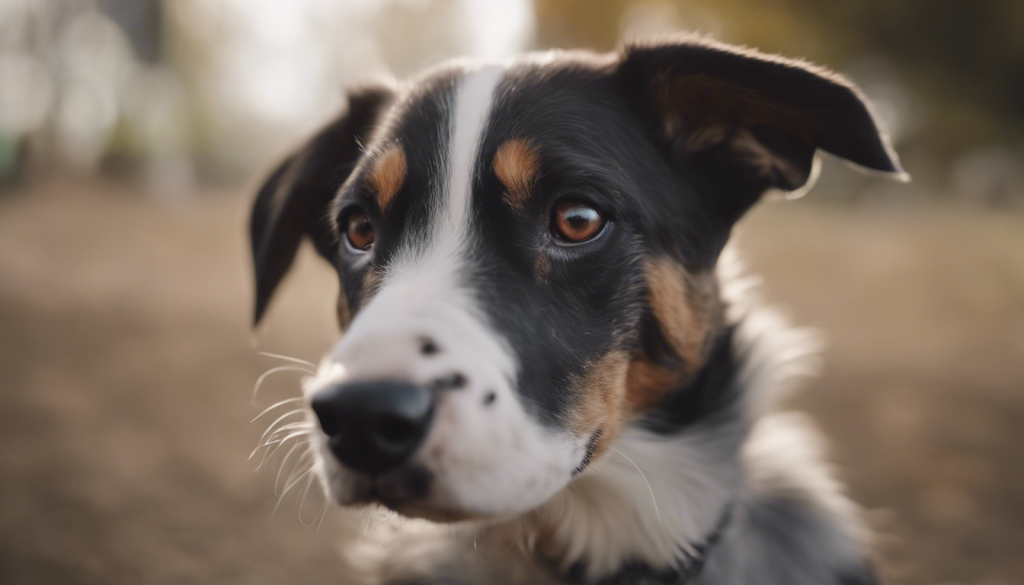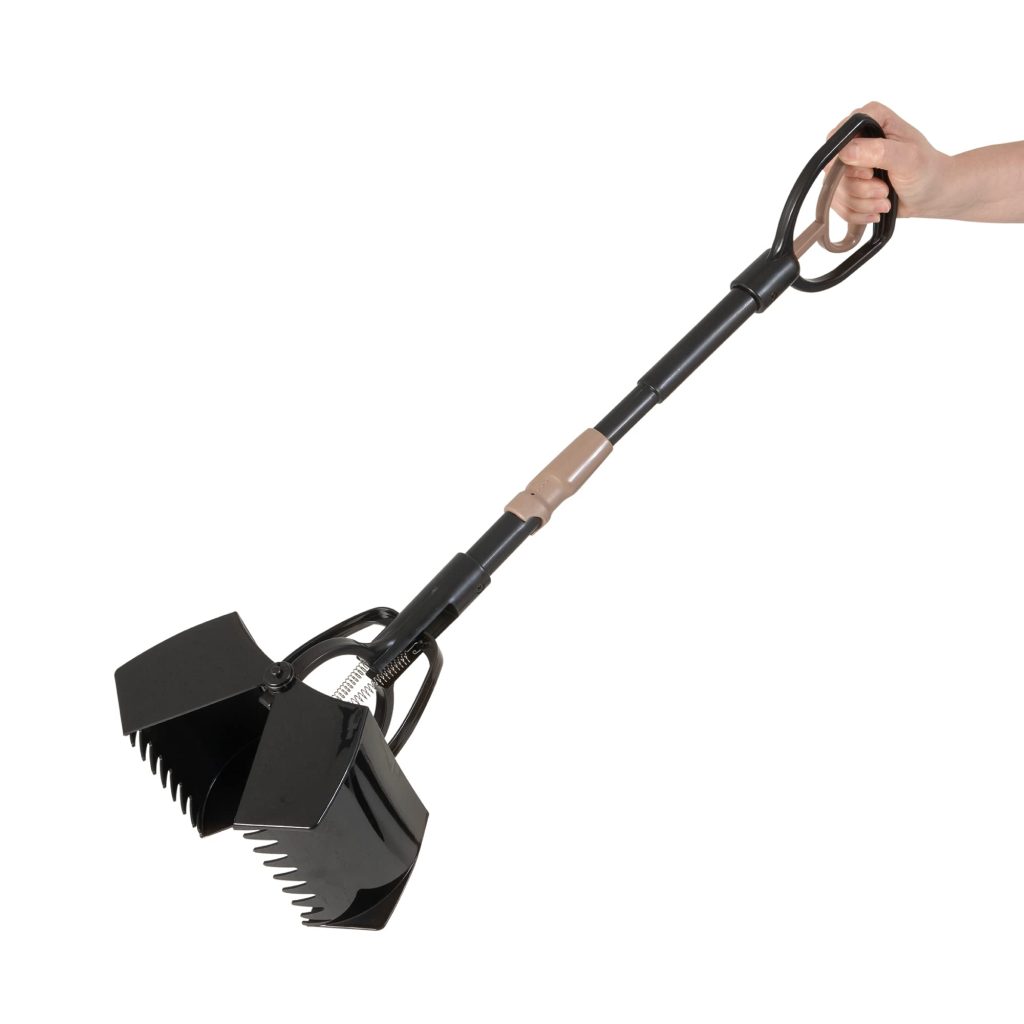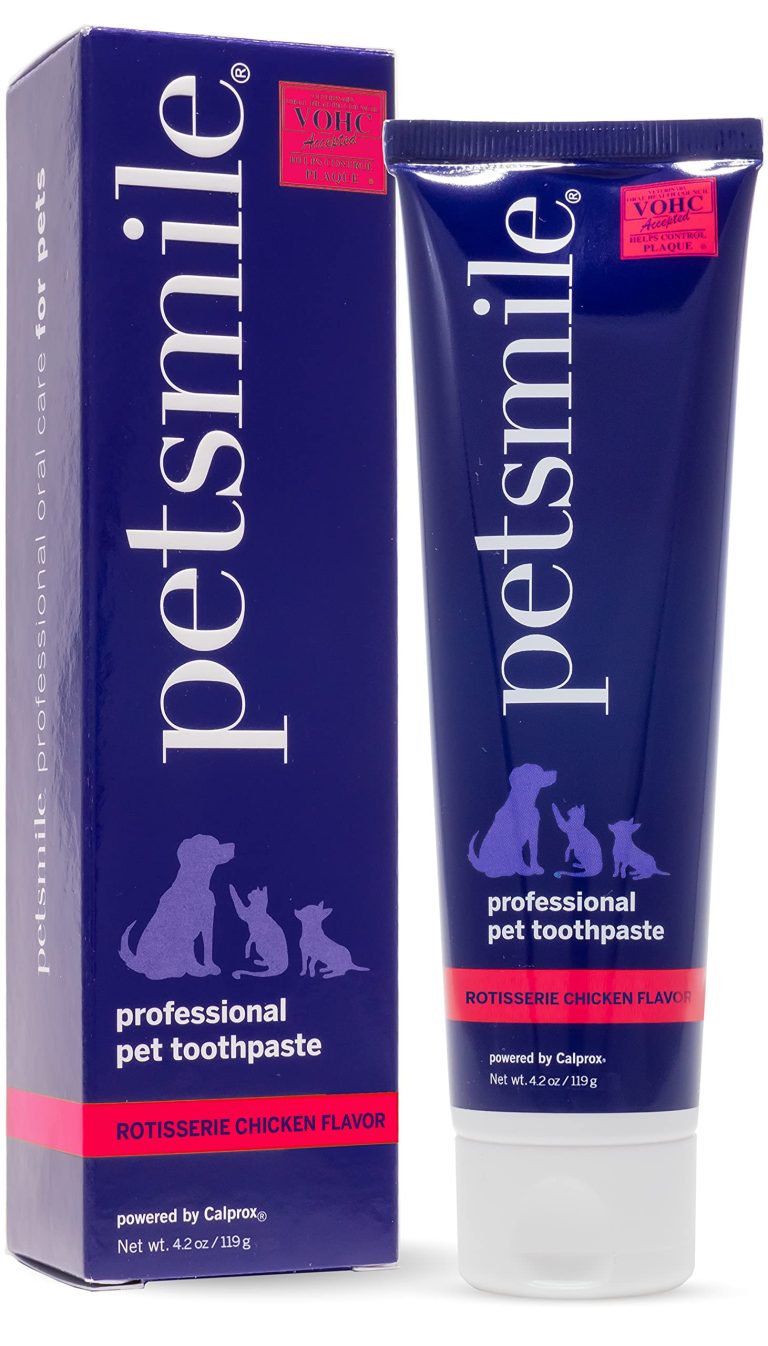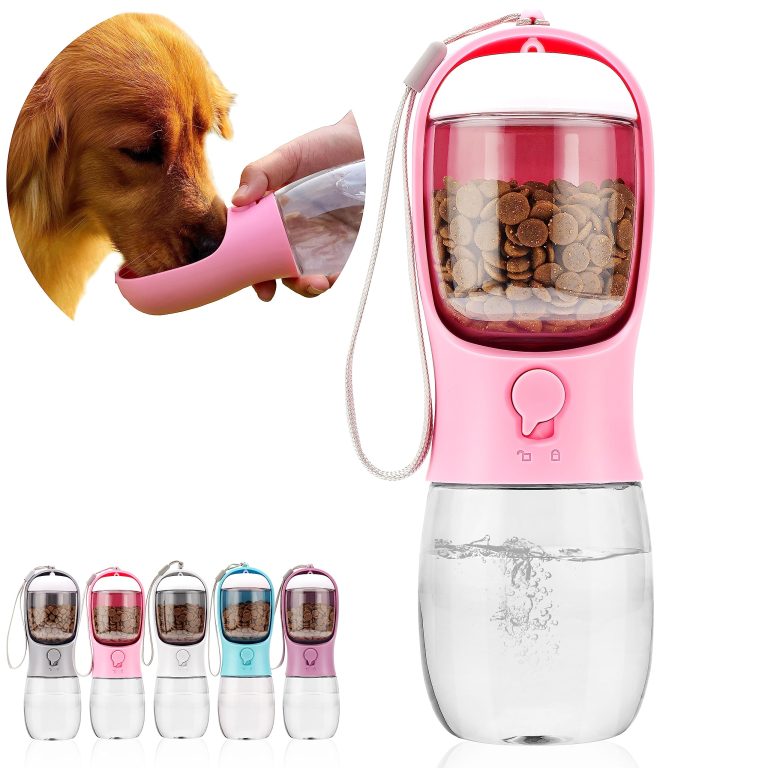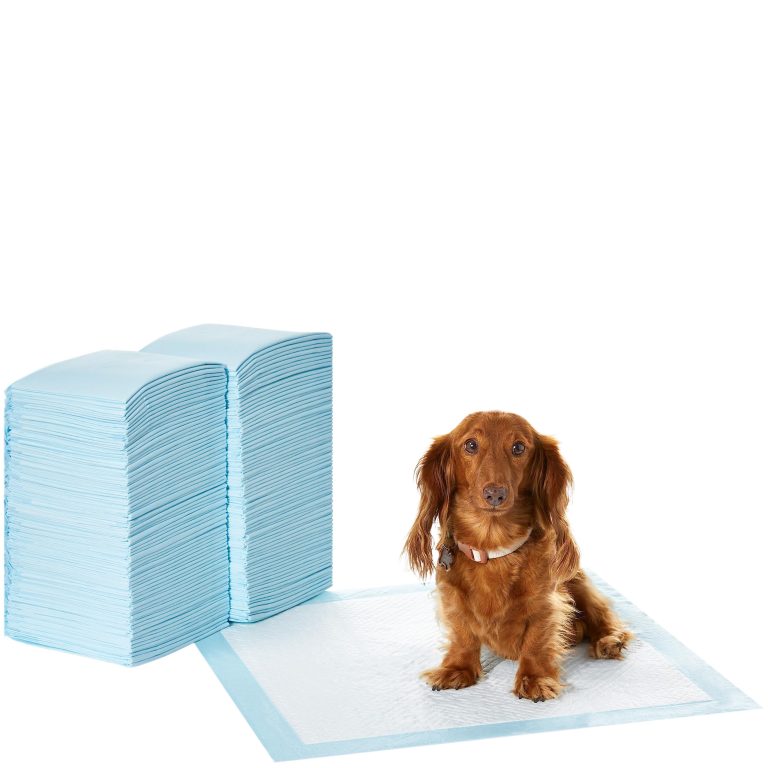Nutritional Management of Dogs with Kidney Disease
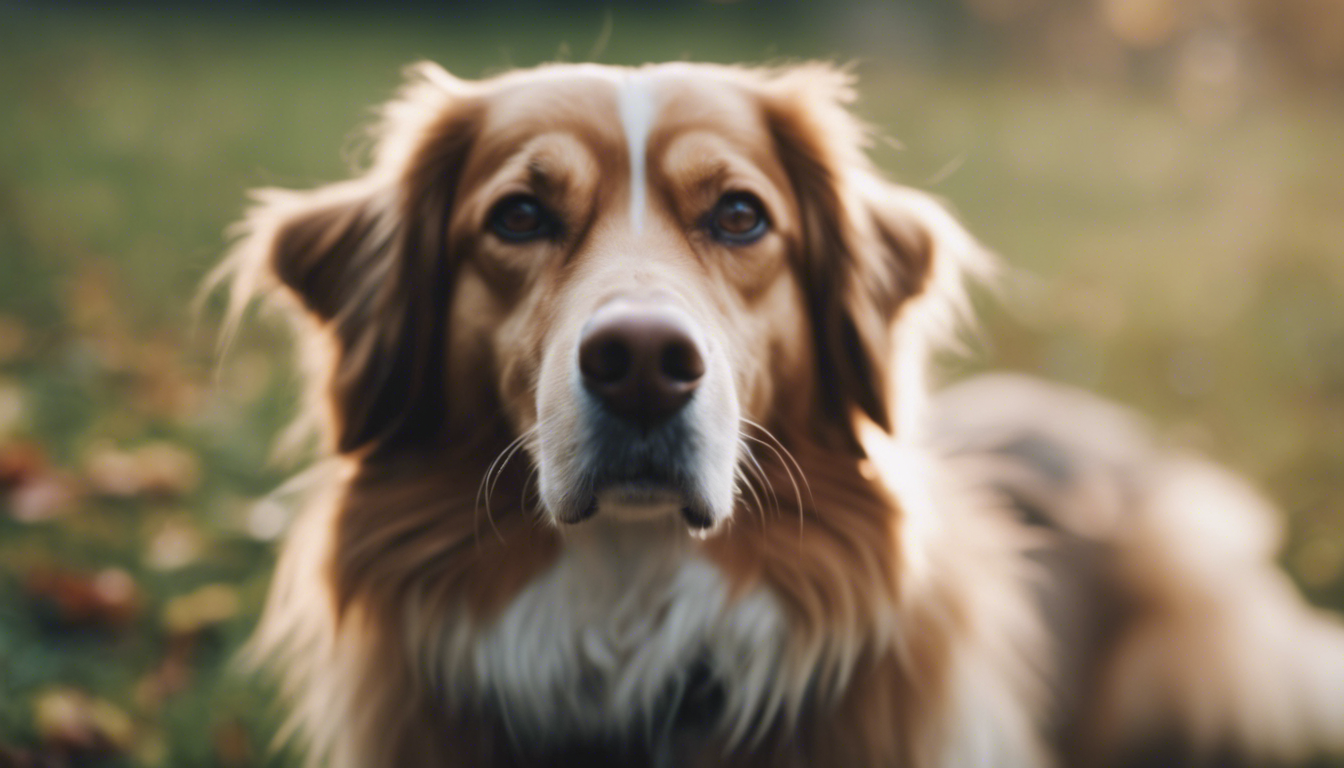
Understanding Kidney Disease in Dogs
Imagine your beloved pooch is a little less peppy, quenching their thirst more than usual, and perhaps turning their nose up at food. These subtle signs could be an early whisper of kidney trouble, a condition taking a toll on many tail-wagging companions. When it comes to our furry friends, the kidneys are silent heroes, filtering waste from the bloodstream and balancing body fluids like tiny, efficient custodians.
Now, kidney disease sneaks in like an unwelcome guest, often going undetected in the early stages. It’s a bit of a mischief-maker, causing the kidneys to lose their filtering finesse over time. This can be a gradual wear and tear situation—known as chronic kidney disease—or a sudden onset of kidney failure, which is more like an unexpected knockout punch.
Here’s the kicker: our canine companions can’t tell us when they’re feeling off. It’s the tricks the kidneys play that we need to look out for—increased water consumption, weight loss, decreased appetite, and sometimes an uncharacteristic mopey demeanor. These are the breadcrumbs that may lead us down the path to discovering kidney disease.
Let’s add a twist of intrigue by noting that not all dogs are equal in the kidney health lottery. Certain breeds are predisposed to kidney-related woes, and age isn’t always a friend in this context. For instance, those distinguished senior dogs, with their graying muzzles and wisdom-filled eyes, are at a higher risk for developing kidney issues purely because of their seasoned life stage.
But fret not, dog lovers, because while kidney disease often plays the long game, there are plenty of savvy moves you can make. They revolve around the core element of managing this sneaky illness: diet. It is not about the fanciest dog bowl or the trendiest dog food brand; it’s about what’s inside that bowl that can help your dog lead a happier, healthier life. It’s crucial to zero in on that meal plan—chock-full of the right nutrients—and tailored like a bespoke suit, catering to your dog’s individual needs. From the energetic puppy to the wise old dog, every stage of your pup’s life demands a different game plan when it comes to nutrition.
After all, when battling kidney disease, food is more than just a tasty treat; it’s a medicine, a source of comfort, and a beam of support for those delicate kidneys. With the right guidance, a sprinkle of patience, and a dash of love, we can whip up a recipe for kidney care that will not only tantalize those canine taste buds but also provide a nourishing embrace for our dog’s health. So grab a seat at the kitchen counter, because understanding kidney disease is the first step in cooking up a storm of support for your furry best friend.
The Role of Diet in Kidney Health Management
Looking deeper into the pantry of management, diet emerges as the cornerstone in the battle against kidney disease in dogs. A thoughtfully considered diet can be the make-or-break factor that determines how well our four-legged pals cope with their renal challenges. It’s about finding the sweet spot between delicious and nutritious, but also steering clear of ingredients that could add strain to already burdened kidneys.
When we talk about diet and kidney health, ponder of it as if you’re plotting a strategic game where every food choice has an impact on your dog’s internal environment. Protein, for instance, needs special attention. Too much can overwork the kidneys, while too little can lead to malnutrition. The key is higher-quality protein but in controlled amounts. It is like serving up a gourmet meal that is as kind on the palate as it is on the kidneys.
But protein is just the start. Phosphorus and sodium levels also need a close eye since excessive amounts can lead to further kidney damage. Ponder these nutrients similar to guests at a party; you want to invite just the right number so things don’t get out of hand. Keeping these levels in check can help slow down the progression of kidney disease and promote overall well-being.
Imagine transforming the water bowl into a fountain of vitality since hydration is paramount for kidney health. Encouraging your dog to drink more can flush toxins and keep those renal filters running smoothly. Sometimes it is the simplest things—like a constantly refreshed water source—that can make a world of difference.
Perhaps the least talked about, but equally important, is the role of fatty acids. Omega-3s, for example, wield the power to combat inflammation and support kidney function. It is like deploying a battalion of mini-swimmers, each one fighting the good fight within your dog’s bloodstream.
For the more kitchen-savvy dog owners, homemade diet options can offer a personalized approach to renal care. Crafting a menu from scratch allows for the precise control of ingredients, ensuring that your pooch’s plate is both kidney-friendly and addictive to the taste. It is akin to being the chef who knows their patron’s dietary restrictions and preferences, serving up a dish that is both safe and scrumptious.
But remember, theory without practice is like a dog with a bone that it can’t chew. Regular check-ins with a vet, who’s like the sous-chef in this scenario, are crucial for monitoring your dog’s health and tweaking the diet as needed. Together, with careful observation and adjustments, nutrition can be a powerful ally in keeping your canine companion thriving even in the face of kidney disease. That’s about more than just meals; it’s about creating moments of joy and years of memories, despite the challenges of kidney health management.

Recommended Nutrients for Dogs with Kidney Disease
When considering the Recommended Nutrients for Dogs with Kidney Disease, a dietary jigsaw puzzle emerges that must be carefully assembled piece by piece. Reducing phosphorus intake is key because high phosphorus can put stress on the kidneys, leading understandably to further decline in kidney function. The trick is to offer foods low in phosphorus yet still high in nutritional value.
The next piece of the puzzle focuses on proteins. While pooches adore their protein-rich treats, dogs with kidney issues need proteins that are high in quality and easy on the kidneys. Consider of it as serving up a filet mignon rather than a greasy burger – refined and less taxing to process. This finetuning of protein helps protect the kidneys without sacrificing essential amino acids necessary for their overall health.
Coming to fats, we look for those that do more than just tantalize the taste buds. Omega-3 fatty acids are hailed for their anti-inflammatory properties, which help to gently support kidney function and can be found in foods like fish oil. It’s like adding a splash of olive oil to a salad for that heart-healthy touch, but for kidneys instead of hearts.
Hydration is another cornerstone in the kidney health regime. A dog with kidney disease may need more water than usual to help flush out toxins. Providing a steady stream of clean water can be as simple as it is essential, ensuring your dog stays as hydrated as a marathon runner mid-race. Don’t forget, moist foods can also contribute to daily water intake, so ponder including wet foods in the feeding plan.
Flipping the coin, let’s not let sodium sneak up on us. Too much salt is a no-go, as it can exacerbate high blood pressure and worsen kidney issues. Let’s season our dog’s diet with care, minimizing sodium where possible to keep the kidneys from working overtime.
With this nutrient groundwork laid, the path becomes clearer. A diet low in phosphorus and sodium, moderate in high-quality protein, flush with omega-3 fatty acids, and accompanied by ample hydration forms the cornerstone of a supportive renal diet. It’s like each meal is a carefully curated package, crafted to ease the workload on your dog’s kidneys and keep them purring – metaphorically speaking, of course!
Dietary supplements may also enter the conversation at this juncture. Pairing the right diet with targeted supplements can fill any nutritional gaps, acting as a safety net to ensure all dietary needs are met.
Lastly, remember that every dog is a unique individual, like a snowflake with a bark. What works for one may not work for another, so it’s vital that a veterinarian or a canine nutritionist provides a tailored nutrient profile specific to your dog’s requirements. It involves a sprinkle of science, a spoonful of customization, and a large portion of attentive care to keep your furry friend’s kidneys operating as smoothly as a finely tuned orchestra.
When it comes down to it, managing your dog’s nutrition carefully is an act of love – one that supports not just kidney health, but overall vitality. By being mindful of the recommended nutrients and mixing them into the daily routine, you pave a path towards a happier and more spirited companion, ready to fetch another day.
Creating a Balanced Diet Plan for Renal Support
Now that we’ve got our nutritional ducks in a row, now, let’s turn our attention to the actual crafting of a balanced diet plan that plays a supportive role for your dog’s renal health. Consider of it as composing a symphony where each nutrient is an instrumental player – it’s all about harmony and balance.
First things first, we should aim for a low-phosphorus menu. But hold your horses, this doesn’t mean you have to skimp on the flavor. You can still create scrumptious meals with high-quality protein sources like egg whites and lean meats that are careful not to raise those phosphorus levels. It’s about finding that perfect balance that’ll make your dog wag their tail in delight without knowing they are on a special diet.
And let’s talk about those carbs because not all are created equal, especially regarding kidney health. Carbohydrates should come from sources less likely to contribute to metabolic imbalances. Think wholesome grains and fibrous vegetables, steamed and mashed for easier digestion, or carefully chosen fruits that add a touch of natural sweetness.
- Include vegetables that are low in phosphorus like cabbage and cauliflower to sneak in essential vitamins and antioxidants.
- Switch up the grains, opting for rice or pasta, which tend to be gentler on those hard-working kidneys.
- For an extra kidney-friendly kick, toss in some omega-3 rich food like flaxseed oil, bringing the anti-inflammatory goodness to the meal.
Hydration is an unsung hero in renal support, so let’s serenade it properly. Including wet foods in your dog’s diet isn’t just a treat for their taste buds; it is a conduit for precious water. Even think a little bit of non-salted broth now and then – it can turn the ordinary into a culinary event!
Now don’t forget, moderation in all things – sodium should be treated with a gentle hand. Excess salt is not only detrimental to kidney function but can also lead to water retention and high blood pressure, so it is best to keep it to a bare minimum.
Mixing things up in terms of texture and taste can keep your fuzzy connoisseur keen on their meals, too. Varying the diet and introducing fresh foods slowly ensures they never get bored and always enjoy their food. A happy dog is one who eats with gusto—and when they’re battling kidney disease, that gusto goes a long way toward their overall health and happiness.
Customization is king in this culinary quest, and you might want to ponder homemade diet options – made under the guidance of a veterinary nutritionist, of course. Going the homemade route allows you to handpick ingredients, monitoring exactly what your dog consumes and ensuring that every bite is as kidney-friendly as it’s delectable.
Just remember, while home cooking can be more labor-intensive, it provides the opportunity to pour love into every meal – and a bowl full of love is certainly what every dog deserves.
Last but not least, maintaining regular vet visits to monitor your dog’s kidney function and adapt the diet as necessary will help keep your furry friend on track. It’s all about team effort here; your dedication at home combined with expert advice can make all the difference in managing your dog’s kidney disease through diet.
Sure, it might seem daunting at first, but fear not, dog owner! With patience, a dash of creativity, and a whole lot of heart, you can create a diet plan that supports your dog’s kidneys, ensuring they keep packing a lifetime of tail wags and face licks. Because, in the end, isn’t that what it is all about – keeping your best friend as healthy and joyful as possible?
